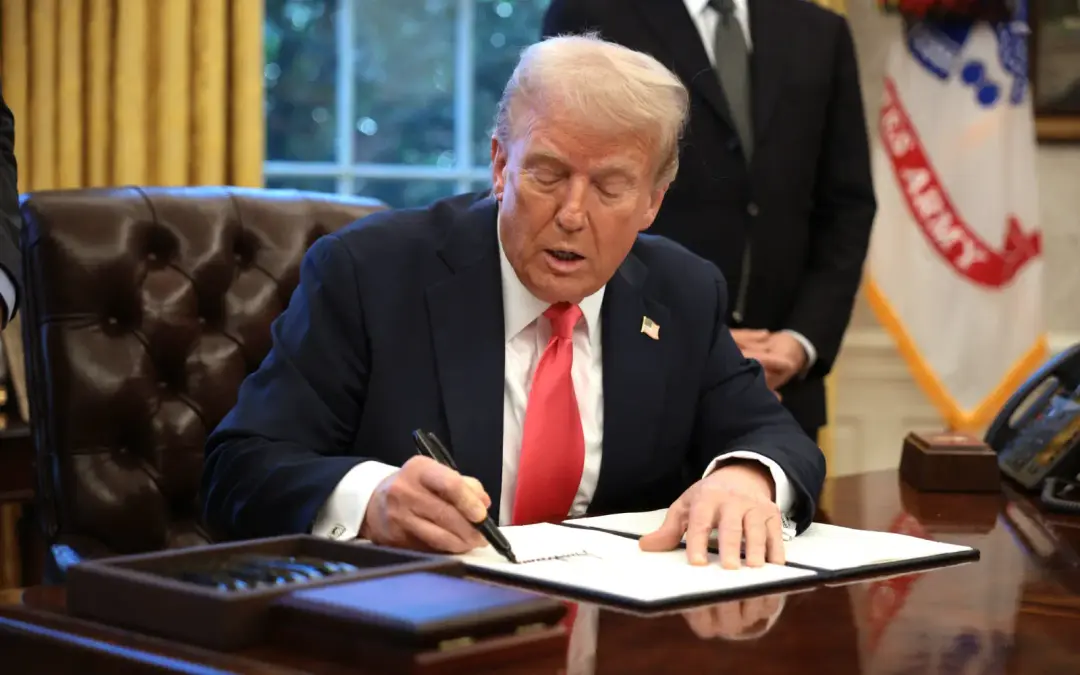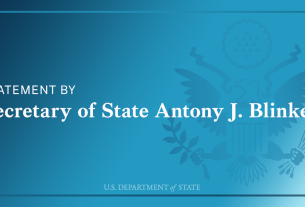The United States has intensified sanctions against Iran, targeting a second Chinese oil refiner in its effort to curb Tehran’s access to international revenue streams. The Trump administration announced fresh penalties on Shengxing Chemical Co., a private “teapot” refinery located in China’s Shandong province, for allegedly purchasing over $1 billion worth of Iranian crude.
This action follows previous sanctions on another Chinese refiner and marks a continued effort to enforce unilateral U.S. restrictions on Iranian oil exports, which were reinstated after the U.S. withdrew from the 2015 Iran nuclear deal (JCPOA) in 2018.
According to the U.S. Treasury Department, the transactions violated U.S. sanctions designed to cut off funding to Iran’s government and affiliated networks, particularly the Islamic Revolutionary Guard Corps (IRGC), which Washington classifies as a foreign terrorist organization.
“Entities that purchase Iranian oil are supporting Iran’s destabilizing activities across the Middle East,” said Under Secretary of the Treasury for Terrorism and Financial Intelligence Brian E. Nelson, in a statement accompanying the sanctions announcement.
The inclusion of Chinese companies—despite Beijing’s criticism of unilateral sanctions—reflects growing U.S. frustration with what it sees as foreign circumvention of its efforts to isolate Iran economically.
China remains one of Iran’s largest oil customers, often importing crude through indirect or “gray market” channels, according to reports from Reuters and Bloomberg. These refined purchases are often disguised through intermediary firms or reflagged shipments to obscure their origin, complicating enforcement of sanctions.
The move is part of a broader U.S. pressure campaign amid rising tensions in the region, including Iran’s support for proxy forces in Yemen, Lebanon, and Syria, as well as concerns over its accelerated uranium enrichment activities.
While the sanctions are intended to force Iran back to the negotiating table, critics argue that they also exacerbate geopolitical friction with key trade partners like China, who continue to call for a return to multilateral diplomacy.
Sources:
- U.S. Department of the Treasury press release
- Reuters, Bloomberg oil trade data and reporting
- Official statements from Under Secretary Brian E. Nelson
- Background on U.S.-Iran-China energy relations from Council on Foreign Relations (CFR)
President-Trump-signs-executive-order-Picture-by-AFP-Via-FMT-Creative-C-4-0



